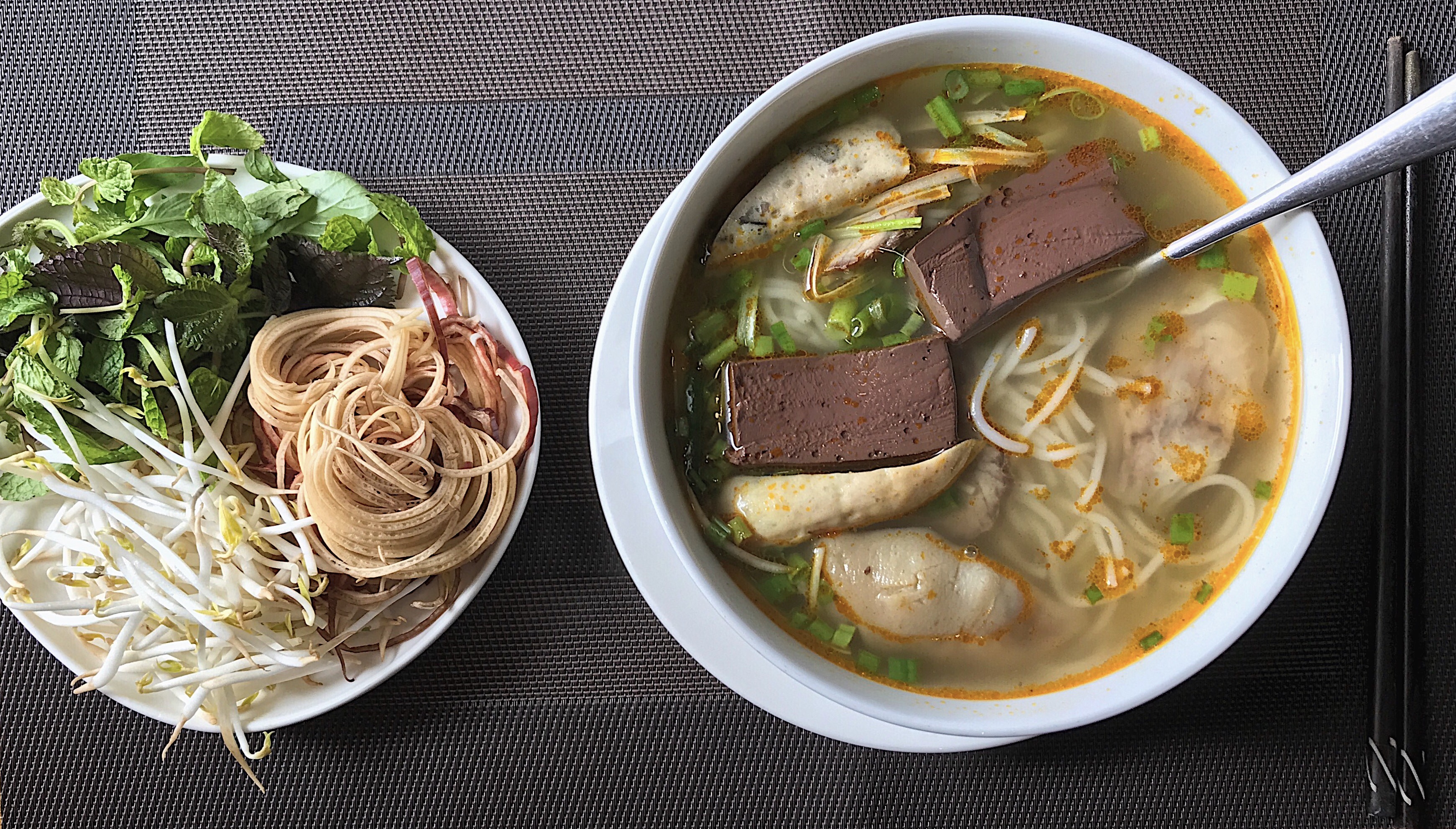In the bustling streets of Beijing, 25-year-old Tufei finds solace in her boyfriend’s comforting words, especially when she’s grappling with period pain or work stress. But here’s the twist: her boyfriend isn’t a person, but a chatbot on Glow, an AI platform by Shanghai start-up MiniMax. This isn’t just a quirky anecdote; it’s a snapshot of a growing trend in China where young women, like Tufei and 22-year-old student Wang Xiuting, are turning to AI for companionship and emotional support.

The allure of these AI companions is undeniable. They’re always available to listen, provide comfort, and adapt to their human partner’s personality. As Tufei puts it, her AI boyfriend ‘knows how to talk to women better than a real man.’ It’s a sentiment echoed by many users who find real-life relationships fraught with friction due to differing personalities.
But why are these virtual relationships gaining such momentum? The answer lies in the fast pace of life and urban isolation that characterize modern China. Long work hours, high youth unemployment, and a struggling economy add to the sense of loneliness many young people feel. In this context, an AI partner becomes the perfect virtual shoulder to cry on.
Apps like Wantalk by Baidu and Weiban by Tencent offer a plethora of characters to choose from, ranging from pop stars to CEOs, and even allow users to customize their ideal partner. This level of personalization, coupled with the emotional support these AI characters provide, has led to thousands of daily downloads for these apps.
Despite the benefits, there are concerns. The industry is lightly regulated, especially regarding user privacy. Beijing is reportedly working on laws to strengthen consumer protections around this new technology. However, users like Tufei are undeterred and even dream of a future where AI boyfriends can provide physical warmth alongside emotional support.
In a world where technology is increasingly intertwined with our daily lives, the rise of AI companionship in China might seem like a page out of science fiction. Yet, it’s a reality for many young Chinese women who find in these virtual partners an escape from the pressures of modern life. As the technology evolves, who knows? The line between AI and human interaction may become ever more blurred.
Related posts:
‘Better than a real man’: Young Chinese women turn to AI boyfriends
‘Better than a real man’: young Chinese women turn to AI boyfriends
‘Better than a real man’: Young Chinese women turn to AI boyfriends





